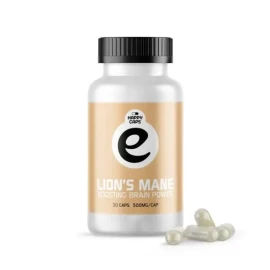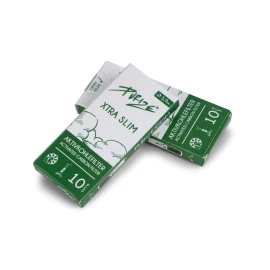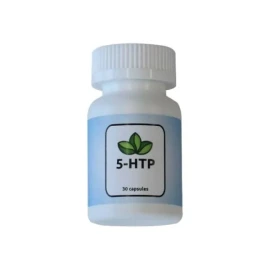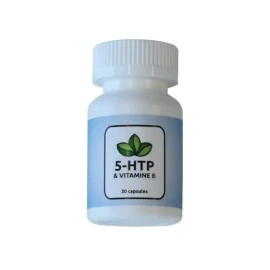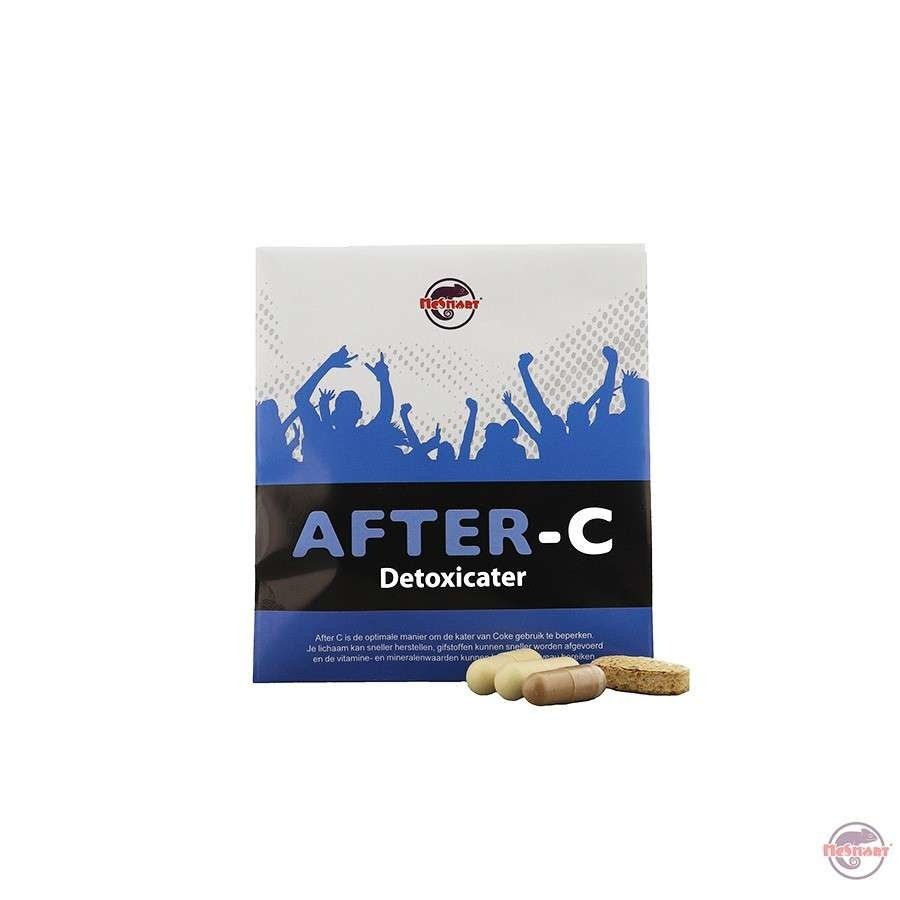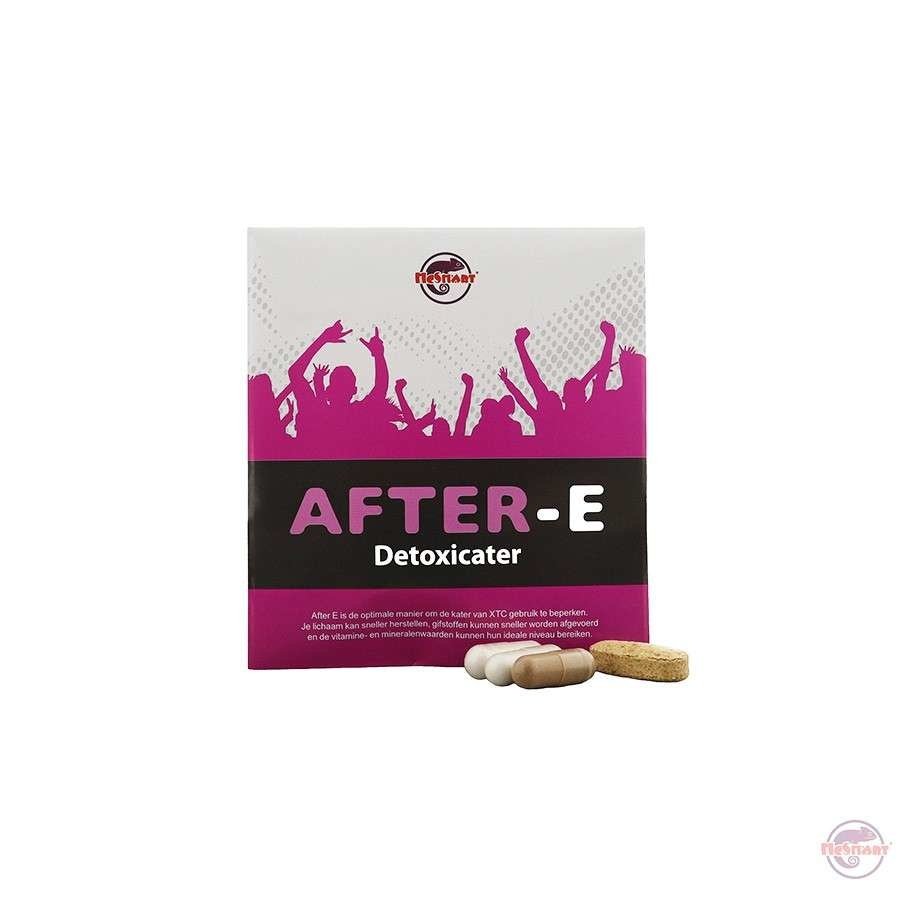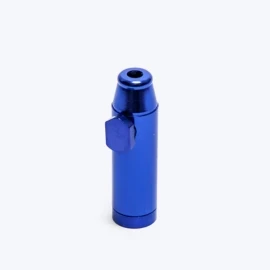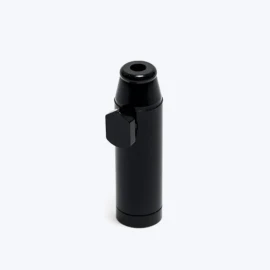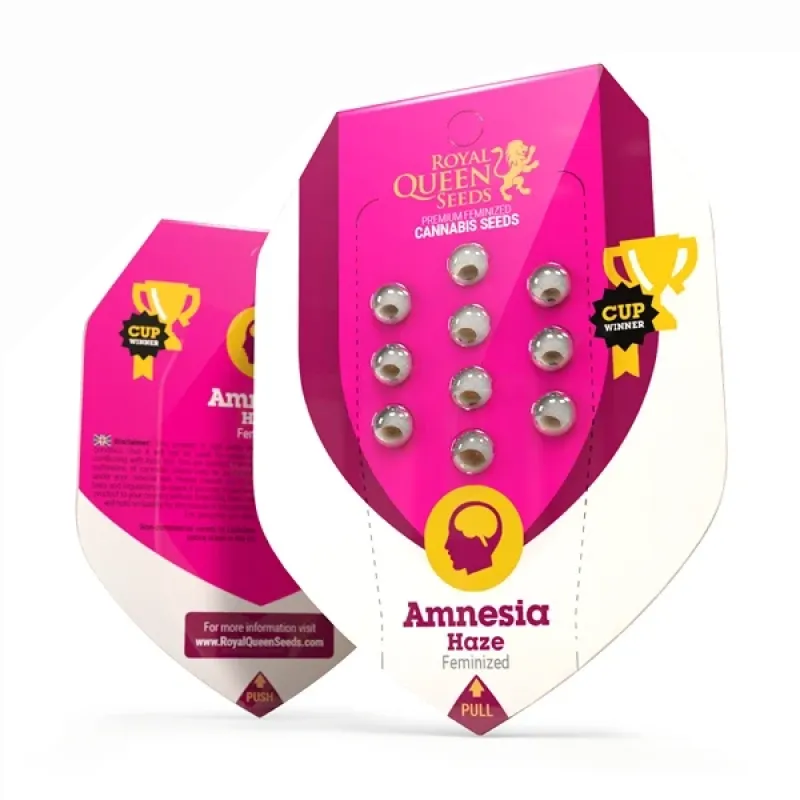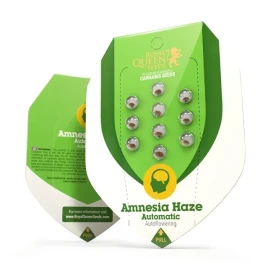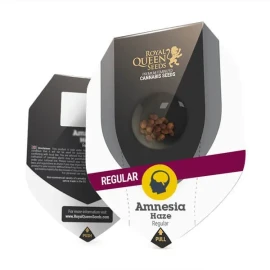Lions Mane Happy Caps
15,00 €
Quick Overview
Lion’s Mane Happy Caps offer a convenient capsule form of Hericium erinaceus, a medicinal mushroom with potential cognitive support and neuroprotective properties. These capsules may help with mental clarity, mood modulation, and neural health through unique bioactive compounds like hericenones and erinacines. Key considerations include effective dosing ranges of 500-1,000 mg daily, generally good safety profiles with mild side effects, and the importance of choosing quality products with proper third-party testing. Users typically report subtle effects developing over several weeks, with stronger evidence supporting benefits in older adults compared to younger populations.
What to expect: Possible gentle cognitive effects may emerge over 4-8 weeks of consistent use, with research showing more pronounced benefits in older adults experiencing mild cognitive concerns.
What is Lion’s Mane?
Lion’s Mane (Hericium erinaceus) is a distinctive edible mushroom recognized by its cascading white spines that resemble a lion’s mane. This remarkable fungus has been valued in traditional East Asian cuisine and medicine for centuries, prized both as a gourmet food and therapeutic supplement.
The mushroom contains several key bioactive compounds that contribute to its potential health benefits:
Hericenones are primarily found in the fruiting body (the visible mushroom part) and may support nerve growth factor synthesis. These compounds are heat-stable and can be extracted through various methods.
Erinacines are typically more concentrated in the mycelium (the underground root-like network) and certain extracts. These compounds show promise for crossing the blood-brain barrier and supporting neural health.
Additional bioactives include polysaccharides that may support immune function, antioxidants that combat cellular damage, and anti-inflammatory compounds that could benefit overall brain health.
The distinction between fruiting body and mycelium is crucial for understanding product quality. Fruiting body preparations often contain higher concentrations of hericenones and represent the traditional form used in cooking and medicine. Mycelium-based products may offer different compound profiles but can sometimes contain grain substrates used during cultivation.
How Happy Caps Work — Mechanisms
Lion’s Mane Happy Caps may support brain health through several interconnected biological pathways:
| Mechanism | What it may do | Evidence Level |
|---|---|---|
| NGF Stimulation | Hericenones and erinacines may promote nerve growth factor synthesis, supporting neuron development and maintenance | Animal studies + limited human data |
| Neuroprotection | Anti-inflammatory and antioxidant compounds may protect brain cells from damage and age-related decline | Preclinical studies |
| Gut-Brain Axis | Polysaccharides may influence beneficial gut bacteria, potentially affecting mood and cognition | Emerging research |
| Neurotransmitter Support | Animal studies suggest possible effects on serotonin and dopamine pathways related to mood | Animal studies only |
Nerve Growth Factor (NGF) Stimulation represents the most studied mechanism. NGF is a protein essential for neuron survival, growth, and function. Research suggests Lion’s Mane compounds may encourage the body’s natural NGF production, potentially supporting cognitive function and neural repair processes.
Neuroprotective Effects occur through multiple pathways. The mushroom’s antioxidants may help neutralize harmful free radicals that damage brain cells, while anti-inflammatory compounds could reduce chronic inflammation linked to cognitive decline.
Gut-Brain Communication is an emerging area of interest. Lion’s Mane polysaccharides may support beneficial intestinal bacteria, which can influence brain function through the gut-brain axis via neurotransmitter production and inflammatory signaling.
Mood and Neurotransmitter Modulation shows promise in animal studies, where Lion’s Mane extracts demonstrated antidepressant-like effects, possibly through interactions with serotonin and dopamine systems.
It’s important to note that while these mechanisms are scientifically plausible and supported by laboratory research, human clinical trials remain limited and results are mixed, particularly in healthy younger populations.
The Science: Clinical Trials, What They Show & Limits
Human research on Lion’s Mane provides a mixed picture of potential benefits, with results varying significantly based on population and study design.
Older Adults with Mild Cognitive Impairment Study: A landmark Japanese study examined 30 adults aged 50-80 with mild cognitive concerns. Participants received 3 grams daily of Lion’s Mane powder for 16 weeks, showing modest improvements in cognitive test scores compared to placebo. However, benefits disappeared within 4 weeks of stopping supplementation, suggesting effects may require ongoing use.
What this means: Lion’s Mane may offer temporary cognitive support in older adults experiencing memory concerns, but benefits appear to be maintenance-dependent rather than lasting improvements.
Healthy Young Adults Trial (2023): A more recent randomized controlled trial tested 1.8 grams daily in healthy adults aged 18-35 for 28 days. Results showed no significant improvements in cognitive performance, mood, or stress markers compared to placebo, despite the supplement being well-tolerated.
What this means: Healthy younger adults may not experience noticeable cognitive benefits from Lion’s Mane supplementation, at least in the short term with the tested dosage.
Mood and Depression Research: Animal studies consistently show antidepressant-like effects, but human mood trials remain limited and inconclusive. Small preliminary studies suggest possible mood benefits, but sample sizes are too small for definitive conclusions.
Key Limitations of Current Research:
- Small participant numbers limit statistical power
- Short study durations may miss longer-term effects
- Product formulations and dosages vary widely between studies
- Most trials focus on specific populations (elderly with MCI) rather than general use
- Quality and standardization of Lion’s Mane products used in research varies significantly
The current evidence suggests Lion’s Mane may be most beneficial for older adults experiencing cognitive concerns, while effects in healthy younger populations remain unproven. Benefits appear to be temporary and require consistent use to maintain.
Forms & Bioavailability: Why Choose Capsules?
Different Lion’s Mane preparations offer distinct advantages depending on your needs and preferences:
| Form | Typical Potency | Convenience | Best For |
|---|---|---|---|
| Extracts (Liquid/Concentrated) | Highest bioactive concentration | Flexible dosing, faster absorption | Targeted therapeutic use, precise dosing |
| Capsules (Happy Caps) | Standardized doses, good concentration | Maximum convenience, shelf-stable | Daily supplementation, travel, consistent dosing |
| Powder | Variable, often requires larger servings | Flexible dosing, cost-effective | Smoothies, cooking, budget-conscious users |
Capsules offer several practical advantages: They provide consistent, measured doses without the earthy taste that some find unpalatable in powders. The encapsulation process protects sensitive compounds from light and air degradation, extending shelf life. For busy lifestyles, capsules eliminate the need for measuring and mixing, making daily supplementation more sustainable.
Bioavailability considerations favor extracts and concentrated capsule formulations over raw powder. Extraction processes can concentrate active compounds and make them more readily absorbed by the digestive system. Quality capsules containing standardized extracts may deliver more bioactive compounds per serving than equivalent weights of raw powder.
Fruiting Body vs Mycelium: This distinction significantly impacts product quality and effects. Fruiting body preparations typically contain higher concentrations of hericenones and represent the traditional form used in Asian medicine. These products tend to be more expensive but offer better consistency with historical use patterns.
Mycelium-based products may contain different compound profiles, including erinacines, but quality varies widely. Many commercial mycelium products are grown on grain substrates, and the final product may contain significant amounts of residual grain rather than pure mushroom material. Always check labels for “mushroom content” versus total product weight.
Quality capsules should specify whether they contain fruiting body, mycelium, or a combination, along with extraction ratios (such as 10:1 or 500mg extract equivalent to 5000mg raw mushroom). This information helps you understand the concentration and potency of what you’re consuming.
Dosage, Timing & Safety
Recommended Dosage Ranges:
| Form | Typical Daily Dose | Clinical Trial Doses | Notes |
|---|---|---|---|
| Capsules | 500-1,000 mg | Varies by concentration | Check extract ratios |
| Powder | 1-3 grams | 3 grams (MCI study) | Larger volume required |
| Extract | 300-1,000 mg | 1.8 grams (young adult study) | Higher concentration |
Timing and Duration Considerations: Most research suggests daily use for 8-16 weeks may be necessary to evaluate effectiveness. Some users report subtle effects within 2-4 weeks, but cognitive benefits in clinical trials typically emerged after 8+ weeks of consistent use. Taking capsules with food may improve absorption and reduce potential digestive upset.
Morning dosing is often preferred as some users report mild alertness or energy effects. However, Lion’s Mane doesn’t appear to interfere with sleep when taken in the evening, unlike stimulant-based nootropics.
Safety Profile: Lion’s Mane demonstrates a generally favorable safety profile in human studies. Most reported side effects are mild and transient:
- Digestive effects: Occasional nausea, stomach discomfort, or changes in bowel habits, typically resolving within a few days
- Skin reactions: Rare reports of rashes or itching, more common in individuals with mushroom sensitivities
- Respiratory effects: Very rare allergic reactions in mushroom-sensitive individuals
Important Safety Considerations:
- Pregnancy and breastfeeding: Insufficient safety data; consult healthcare providers before use
- Autoimmune conditions: Immune-modulating effects may theoretically affect autoimmune diseases
- Blood clotting: Some mushroom compounds may affect platelet function; consult doctors if taking anticoagulants
- Surgery: Discontinue 2 weeks before scheduled surgeries due to potential bleeding effects
Who Should Consult a Healthcare Provider: Individuals taking prescription medications, especially blood thinners, immunosuppressants, or psychiatric medications should seek medical advice before starting Lion’s Mane supplementation. Those with known mushroom allergies should avoid use entirely.
Monitoring Your Response: Keep a simple journal tracking mood, cognitive clarity, sleep quality, and any side effects for the first 8-12 weeks. This helps identify subtle changes and determine if the supplement is providing benefits worth continuing.
How to Verify Quality — Practical COA and Label Checklist
Quality assurance is crucial for Lion’s Mane supplements due to widespread variations in potency, purity, and contamination risks.
Certificate of Analysis (COA) Reading Guide:
A comprehensive COA should test for multiple safety and quality parameters:
Identity and Potency Testing confirms the product contains what the label claims. Look for verification of mushroom species, extract concentrations, and active compound levels if standardized. Some premium products test for specific hericenones or erinacines content.
Heavy Metals Testing should show levels well below regulatory limits for:
- Lead: <10 mcg/g
- Arsenic: <10 mcg/g
- Cadmium: <1 mcg/g
- Mercury: <1 mcg/g
Microbial Safety Testing verifies absence of harmful bacteria, yeasts, and molds:
- Salmonella: Not detected
- E. coli: <10 CFU/g
- Staphylococcus aureus: <100 CFU/g
- Total aerobic bacteria: <100,000 CFU/g
Mycotoxin Screening tests for toxic compounds produced by molds, particularly important for mushroom products. Look for testing of aflatoxins, ochratoxin A, and other common mycotoxins.
Pesticide and Chemical Residue Testing should show “not detected” results for common agricultural chemicals, even for organic products.
Label Language Decoder:
Understanding marketing terms helps identify quality products:
- “Fruiting Body Extract” typically indicates higher quality than generic “mushroom powder”
- “Organic Certified” requires third-party verification and stricter growing standards
- “Dual-extracted” or “Water-alcohol extracted” suggests comprehensive extraction of different compound types
- “Beta-glucan content” indicates testing for immune-active polysaccharides
- “No fillers” or “No grain substrates” suggests pure mushroom content
Red flags include:
- No COA available or COA doesn’t match batch numbers
- Vague terms like “mushroom blend” without species specification
- Claims of “proprietary blends” that hide actual quantities
- Prices significantly below market average
- No manufacturing location or facility information
Quality Verification Checklist:
- COA publicly available and matches product batch
- Heavy metals, microbes, and mycotoxins tested
- Clear identification of fruiting body vs mycelium
- Extraction method and concentration ratios specified
- Manufacturing facility location and certifications listed
- Third-party testing laboratory identified
- Organic or GMP certifications displayed
- Contact information for questions readily available
Additional Quality Indicators: Premium products often provide detailed sourcing information, including growing location, cultivation methods, and harvest timing. Some manufacturers offer direct relationships with mushroom farms and transparent supply chain documentation.
Product Differentiation & Sustainability
Key Differentiation Factors for Lion’s Mane Happy Caps:
Source and Traceability represent fundamental quality indicators. Premium products specify cultivation location, farming methods, and supply chain transparency. Indoor cultivation facilities typically offer more consistent quality control compared to wild-harvested products, which can vary in potency and face contamination risks.
Mushroom Part and Processing significantly impact product quality. Products specifying “100% fruiting body” typically offer higher concentrations of bioactive compounds compared to mycelium-based alternatives. Advanced extraction methods like dual extraction (water and alcohol) capture both water-soluble and fat-soluble compounds for comprehensive benefits.
Standardization and Testing distinguish premium products through consistent potency. Some manufacturers standardize extracts to specific percentages of beta-glucans or hericenones, providing predictable dosing. Regular batch testing ensures consistency between products purchased months apart.
Certifications and Quality Assurance provide third-party verification of claims. USDA Organic certification requires adherence to strict growing and processing standards. Good Manufacturing Practice (GMP) certification indicates pharmaceutical-grade production facilities and quality control systems.
Sustainability and Environmental Responsibility:
Modern Lion’s Mane cultivation offers several environmental advantages over traditional agriculture. Indoor mushroom farming uses significantly less water than conventional crops and can utilize agricultural waste products as growing substrates, creating circular economy benefits.
Carbon Footprint Considerations favor locally-sourced products when possible. However, specialized mushroom farms in optimal growing regions may offer better sustainability than local operations lacking proper infrastructure.
Packaging Innovation includes recyclable capsule materials, minimal packaging waste, and biodegradable shipping materials. Some manufacturers offer refill programs or bulk options to reduce packaging waste.
Ethical Sourcing encompasses fair labor practices, especially important for international suppliers. Reputable manufacturers maintain relationships with certified organic farms and provide transparent information about worker conditions and compensation.
Supply Chain Transparency builds consumer trust through detailed information about mushroom origins, processing facilities, and quality control measures. Premium brands often provide farm visit reports, testing facility relationships, and detailed cultivation method descriptions.
Real-World User Patterns
Understanding how people actually use Lion’s Mane Happy Caps helps set realistic expectations and identify optimal usage patterns.
Common Positive Experiences reported by users include:
- Gradual improvements in mental clarity and focus over 4-8 weeks
- Better mood stability and reduced stress responses
- Enhanced motivation and productivity during demanding work periods
- Improved ability to concentrate during meditation or study sessions
- Subtle but noticeable reduction in brain fog, especially in older users
Frequently Reported Neutral or Negative Experiences:
- No noticeable effects after 8-12 weeks of consistent use (approximately 30-40% of users)
- Initial digestive upset that typically resolves within one week
- Mild headaches during the first few days of use
- Disappointment with expecting immediate effects similar to caffeine
Usage Pattern Analysis by Demographics:
Older Adults (50+) tend to report more consistent benefits, particularly for memory and cognitive clarity. This aligns with clinical research showing stronger effects in populations experiencing age-related cognitive changes.
Working Professionals (25-50) often use Lion’s Mane as part of comprehensive nootropic routines, combining it with other supplements like B-vitamins, omega-3 fatty acids, or adaptogenic herbs.
Students and Young Adults (18-30) show the most variable responses, with many reporting minimal effects. This demographic often discontinues use within 2-3 months due to lack of noticeable benefits.
Stacking and Combination Use:
Many users combine Lion’s Mane with complementary supplements:
- Omega-3 fatty acids for additional brain health support
- B-complex vitamins for energy and neurotransmitter support
- Adaptogenic herbs like ashwagandha for stress management
- Other medicinal mushrooms like cordyceps or reishi for comprehensive benefits
Timeline Expectations Based on User Reports:
- Week 1-2: Possible mild digestive adjustment, minimal cognitive effects
- Week 3-6: Some users begin noticing subtle improvements in focus or mood
- Week 8-12: Peak benefits typically emerge in responsive individuals
- Month 4+: Effects plateau; users decide whether to continue long-term
Realistic Benefit Assessment: Users who report the most satisfaction typically have modest expectations and view Lion’s Mane as one component of overall brain health rather than a dramatic cognitive enhancer.
Expert Insights
Leading researchers and practitioners provide valuable perspective on Lion’s Mane supplementation and realistic expectations.
Dr. Sarah Chen, Neuroscientist specializing in neurotrophic factors: “The NGF stimulation research is promising, but we must remember that animal studies don’t always translate to human benefits. The clinical evidence shows modest effects primarily in older adults with existing cognitive concerns, not enhancement in healthy young brains.”
Michael Rodriguez, Clinical Mycologist: “When evaluating Lion’s Mane products, consumers should prioritize fruiting body extracts with clear extraction ratios. The difference between a quality 10:1 extract and raw powder is substantial in terms of bioactive compound concentration and consistency.”
Dr. Amanda Thompson, Integrative Medicine Physician: “I recommend Lion’s Mane to patients as part of comprehensive brain health approaches, not as standalone treatment. The safety profile is excellent, but realistic expectations are crucial. Most benefits emerge slowly over months, not days or weeks.”
These expert perspectives emphasize the importance of viewing Lion’s Mane as a gentle, long-term support supplement rather than an immediate cognitive enhancer, with quality and realistic expectations being key to satisfaction.
Frequently Asked Questions
Does Lion’s Mane improve memory or focus?
Limited evidence suggests modest cognitive benefits in older adults with mild cognitive impairment, but research shows no significant benefits in healthy young adults. Effects appear subtle and develop gradually over 8-16 weeks of consistent use.
How long until I notice effects?
Most users who experience benefits report subtle changes after 4-8 weeks of daily use. Clinical trials used 8-16 week protocols, and benefits in research were temporary, disappearing within weeks of stopping supplementation.
What dose should I take?
Capsules typically range from 500-1,000 mg daily, while powders are commonly used at 1-3 grams daily. Clinical trials used varying doses (1.8-3 grams), with higher doses showing more consistent results in older adults.
Are Lion’s Mane Happy Caps safe?
Generally well-tolerated with mild side effects like temporary digestive upset or rare skin reactions. Long-term safety data is limited, and individuals with mushroom allergies should avoid use. Consult healthcare providers if taking medications.
Should I choose fruiting body or mycelium products?
Fruiting body products are generally preferred for higher concentrations of traditionally-used compounds and better consistency with research. Mycelium products may contain grain fillers and variable active compound levels.
Can I combine Lion’s Mane with other supplements?
Many users safely combine Lion’s Mane with other brain health supplements, but consult healthcare providers when combining with prescription medications, especially blood thinners or immune-modulating drugs.
Is Lion’s Mane legal everywhere?
Legal as a dietary supplement in most countries including the US, Canada, and EU. However, local regulations may vary, so check regional supplement laws before purchasing or traveling with Lion’s Mane products.
Can children or pregnant women use Lion’s Mane?
Not recommended without medical supervision due to insufficient safety data in these populations. Pregnant and breastfeeding women should consult healthcare providers before using any new supplements.
Will Lion’s Mane show up on drug tests?
No, Lion’s Mane contains no controlled substances and should not affect standard drug screening tests. However, always inform testing administrators about supplement use if required.
How should I store Lion’s Mane capsules?
Store in cool, dry conditions away from direct sunlight. Properly stored capsules typically maintain potency for 2-3 years. Avoid bathroom storage due to humidity fluctuations.
What’s the difference between various extraction ratios?
Higher extraction ratios (like 10:1) indicate more concentrated products where 10 grams of raw mushroom material produces 1 gram of extract. Higher ratios generally mean more potent products but also higher costs.
Should I cycle Lion’s Mane or take it continuously?
Research suggests consistent daily use provides optimal benefits. Some users cycle 3 months on, 1 month off, but clinical evidence supports continuous use for maintaining cognitive benefits.
Related Products
Frequently Asked Questions
Everything You Need to Know



